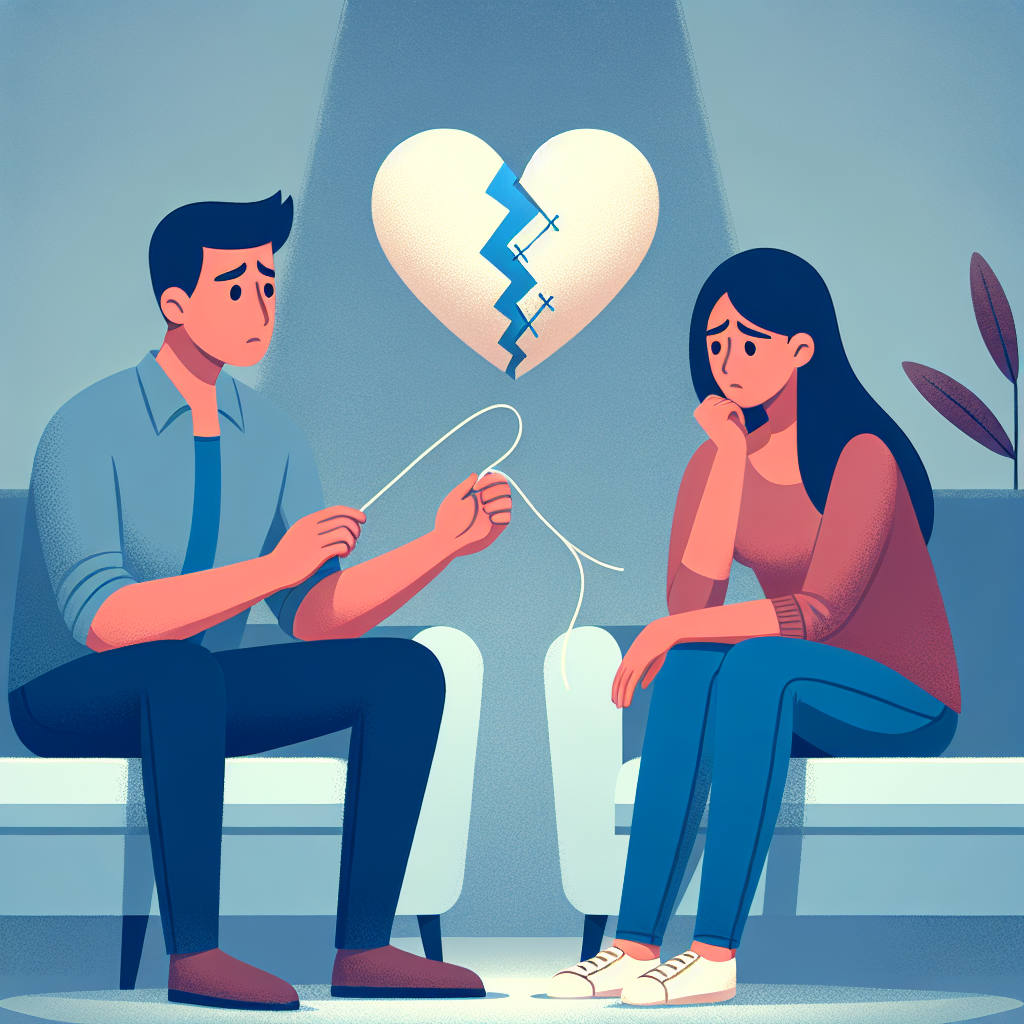Losing a loved one can be one of the most challenging experiences a person can go through. Grief is a natural response to loss, and it can manifest in different ways for each individual. While some may find solace in speaking with friends and family, others may struggle to cope with their emotions and may benefit from professional support. Grief counseling is a form of psychotherapy that can help individuals navigate their feelings of loss and begin the healing process.
Grief counseling is a specialized form of therapy that focuses on helping individuals cope with the emotional and psychological effects of loss. It provides a safe and supportive environment for individuals to express their feelings, process their grief, and develop coping strategies. Grief counselors are trained professionals who have experience working with individuals who are grieving and can provide guidance and support throughout the healing process.
There are many benefits to seeking grief counseling when coping with loss. Some of the key benefits include:
1. Validation of Feelings: Grief counseling provides a safe space for individuals to express their emotions and feelings without judgment. Counselors validate these feelings and help individuals understand that it is normal to experience a wide range of emotions after a loss.
2. Coping Strategies: Grief counselors can help individuals develop coping strategies to deal with their grief in a healthy way. They may teach relaxation techniques, mindfulness practices, and other skills to help individuals manage their emotions and reduce stress.
3. Support: Grief counseling offers a supportive environment where individuals can feel understood and heard. Counselors provide empathy and compassion, which can help individuals feel less alone in their grief journey.
4. Processing Emotions: Grief counseling allows individuals to explore and process their emotions in a safe and controlled setting. This can help individuals make sense of their feelings and eventually come to terms with their loss.
5. Preventing Complications: Grief counseling can help prevent complications such as prolonged grief, depression, or anxiety. By addressing their grief in therapy, individuals can reduce the risk of developing long-term mental health issues.
6. Finding Meaning: Grief counseling can help individuals find meaning and purpose in their loss. Counselors can help individuals explore their beliefs, values, and goals, and help them develop a sense of meaning and direction in their lives after loss.
Overall, grief counseling can provide individuals with the support, guidance, and tools they need to navigate their grief and begin the healing process. It is important to remember that grief is a natural response to loss and that seeking help is a sign of strength, not weakness.
FAQs:
Q: How do I know if I need grief counseling?
A: If you are struggling to cope with the emotional and psychological effects of a loss, or if your grief is interfering with your daily life and functioning, it may be beneficial to seek grief counseling. Signs that you may benefit from grief counseling include feelings of intense sadness, anger, guilt, or hopelessness, difficulty sleeping or eating, social withdrawal, and difficulty concentrating.
Q: How long does grief counseling last?
A: The length of grief counseling can vary depending on the individual and their unique circumstances. Some individuals may only need a few sessions to process their grief, while others may benefit from longer-term therapy. It is important to work with your counselor to determine the best course of treatment for your specific needs.
Q: Is grief counseling covered by insurance?
A: Many insurance plans cover grief counseling as part of mental health benefits. It is important to check with your insurance provider to determine coverage and any out-of-pocket costs. Some therapists also offer sliding scale fees based on income, so be sure to discuss payment options with your counselor.
Q: Can grief counseling help children cope with loss?
A: Yes, grief counseling can be beneficial for children who are coping with loss. Children may have difficulty expressing their emotions and may need help processing their grief. Grief counselors who specialize in working with children can provide age-appropriate support and guidance to help children navigate their feelings of loss.
Q: What can I expect in a grief counseling session?
A: In a grief counseling session, you can expect to discuss your feelings, memories of your loved one, and the impact of their loss on your life. Your counselor will listen to your thoughts and emotions, offer support and guidance, and help you develop coping strategies to navigate your grief. Grief counseling is a collaborative process, so it is important to be open and honest with your counselor about your feelings and experiences.




Leave A Comment